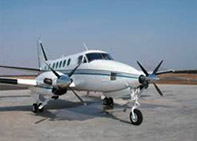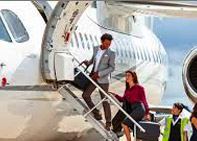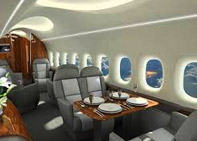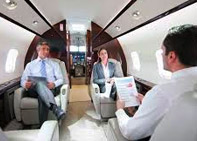Countries have been very conscious about reducing carbon emissions in all modes of transport. Against this backdrop, a major milestone was achieved in aviation sector, as Eviation aircraft completed its first flight on its zero-emission ‘Alice’ aircraft.
Recently, Alice flew in the skies above central Washington state. During its brief flight, the aircraft touched a speed of about 171 miles per hour, propelled by two electric motors spinning two propellers near the tail, pulling energy from 8,000 pounds of batteries. Guests got a glimpse of the event that was live-streamed.
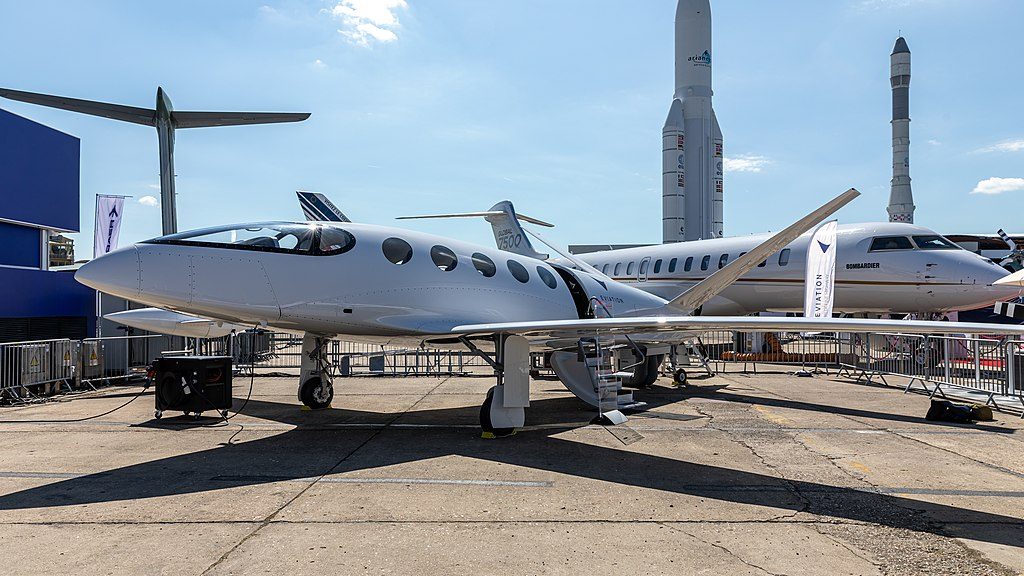
The nine-seater commuter plane Alice is set to become the first all-electric airplane to enter commercial service. It is designed to make short hops of about 250 NM. Furthermore, it is powered by two 850 hp Magni650 electric motors designed by MagniX, and the power for the airplane is stored in a 900 kWh battery.
Alice produces no carbon emissions. Plus, the aircraft significantly reduces noise and costs a fraction to operate per flight hour compared to light jets or high-end turboprops. The new-generation aircraft has incredible power to transform communities. It provides access to airports not currently used by commercial flights due to noise concerns or restricted operating hours.
Eviation President and CEO Gregory Davis stated that they had successfully electrified the skies with the unforgettable first flight of Alice. He added that people now know what affordable, clean, and sustainable aviation looks and sounds like for the first time in a fixed-wing, all-electric aircraft. Furthermore, he reiterated that it was a ground-breaking milestone, which will lead to innovation in sustainable air travel, and shape both passenger and cargo travel in the future.
Davis added that the biggest tech challenge that Eviation has to overcome is the development of the batteries. He added that it is looking at the evolution of the chemistry and the physics around those batteries. He stressed that they do need the industry to boost the energy density.
Moreover, apart from the company’s biggest technical hurdle, there are others such as conducting more flight tests, building more aircraft, and getting the commuter aircraft certified under the FAA’s Part 23. Plus, eventually shipping it to customers such as DHL or Cape Air at prices that airlines can afford. Davis stated that they hoped to make their first deliveries in 2027.
Davis highlighted that the flight produced lots of systems data that Eviation needs to process. That data is measured in terabytes. He highlighted that they need to review it, and understand how the performance of the aircraft matched their models – so they would be doing that over the next couple of weeks.
